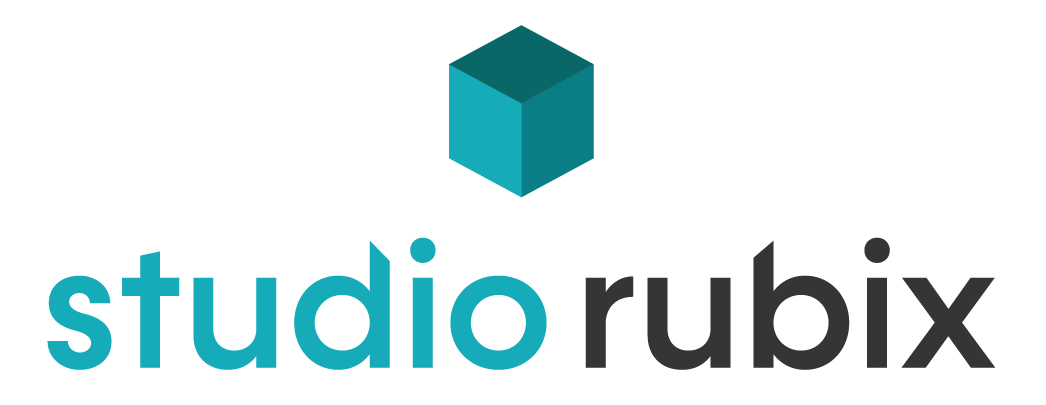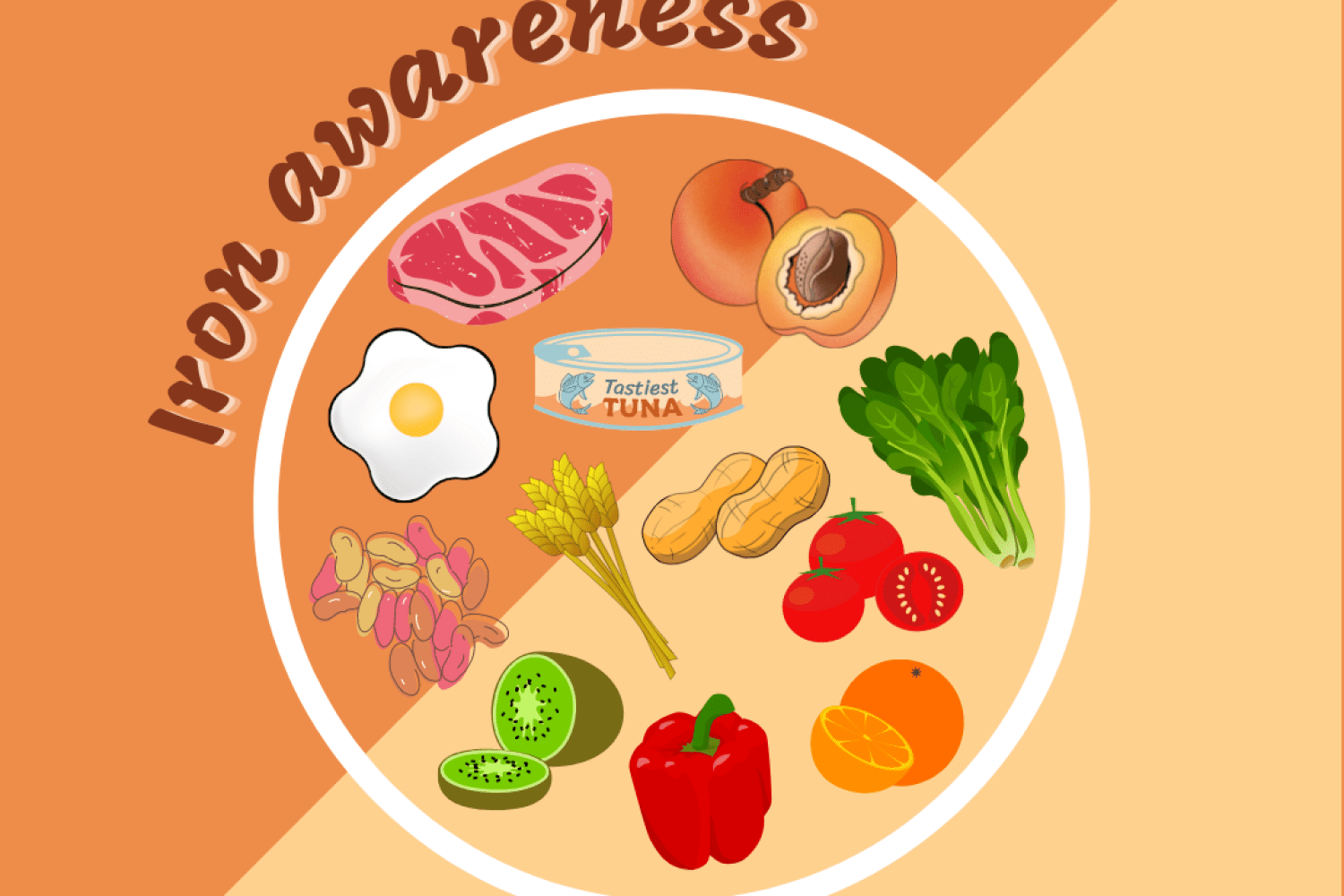What is iron? Why do we need it? Why do we have an awareness week for it? Is iron a nutrient we really need to focus on while we have so many other nutrient problems around carbohydrates, fat and protein? The answer is YES!
Main points:
- Iron is an important nutrient which plays a role in energy metabolism, brain development and the immune system
- Symptoms of low iron includes; tiredness, low mood/energy, frequent sickness
- Eat foods high in iron; red meat, chicken, fish, legumes, green leafy vegetables
- Vitamin C foods helps the absorption of iron
- Tannins and phytate foods inhibit absorption of iron
- Visit your doctor and/or a qualified Nutritionist/Dietitian if you are concerned about your iron levels
Iron is the most common nutrient deficiency in the world! New Zealand rates are constantly increasing, causing a major effect on our health and well-being, without you even knowing. Are you constantly tired? Do you sometimes feel dizzy after standing up? Has your mood changed? Most people would take this as not getting enough sleep or maybe being dehydrated, however, these are common symptoms of low iron!
We would like to educate you about what is iron, why we need it and the importance of having iron in your diet.
Why is iron important?
Iron is an essential mineral that is needed in the body to perform optimally and adequately. It is found in all the cells of your body and plays a particular important role in your red blood cells. It helps with transporting oxygen in the blood from your lungs around the body and to your tissues and muscles. If there is not sufficient amount of iron in the body, less oxygen is transported, which can lead to fatigue, & tiredness. Iron is also important for growth and brain development, especially for children/infants. It plays a key role in the immune system to help fight off infection and also helps with hormone production & energy metabolism.
Life stages that require higher amounts, include:
- Infants/toddlers
- Pregnant women
- Women that are mensurating
- Elite Athletes
Along with an increase need for iron, a decrease in iron consumption (vegetarian/vegan diet), increase in bleeding, and absorption issues in the gut can also cause low iron stores.
Signs & Symptoms of low iron/ iron deficiency:
- Fatigue
- Tiredness
- Lack of concentration
- Change in mood/low mood
- Light headed/ dizziness
- Frequent sickness/ infections
- Susceptible to the cold
If you have these symptoms it is important to visit your doctor and get a blood test. If there is a change to your diet, an increase in your energy levels, or a physiological change, it is key to match your extra iron needs by consuming more iron-rich foods. Recommendations might include supplementation and seeking professional help from a Dietitian or Nutritionist.
Improving iron intake is all about what foods you eat, when you eat them and how much! Foods high in iron:
- Red meat – if eating, choose lean cuts
- Fish – consume 2-3 servings most weeks
- Chicken
- Eggs – add to easy lunches, on toast or cut into salads
- Fortified cereals
- Legumes – great to add to bulk up salads or meals
- Dark leafy greens – include 2-3 servings most days
- Nuts/dried fruit – nice option for a snack or adding to muesli
Eat iron rich foods with:
- Foods high in vitamin C including tomatoes, capsicum, kiwifruit, oranges. So simply get a serving of fruit or vege with your meals. This is because vitamin C helps with the absorption iron, especially for non-haem iron foods (such as your plant-based foods).
Do not eat iron foods with:
- Tannins :Coffee, tea (have 30 mins before or after)
- Phytates: grains, legumes (that haven’t been washed thoroughly). This is because these foods inhibit the absorption of iron. However, it is important NOT to cut these foods out of your diet!
How much: This is dependent on your age, gender, weight, exercise levels etc… Although we have recommended daily intakes, it’s not one size fits all. It is important to discuss this with a qualified Dietitian or Nutritionist to ensure you are getting the correct recommendations for your body and your energy requirements!
We hope this has been helpful! If you need advice on your nutrition, book in an appointment with Kate our Dietitian – kate@studiorubix.co.nz



